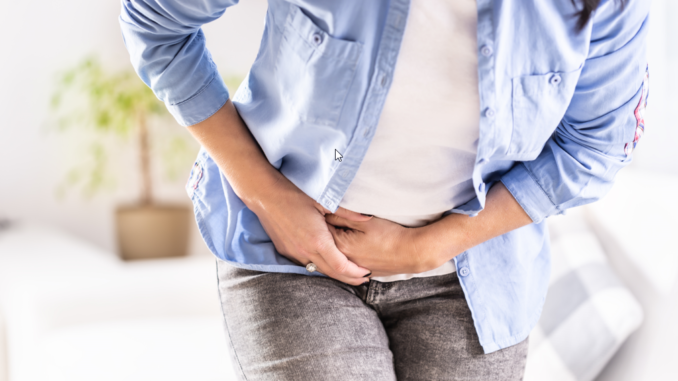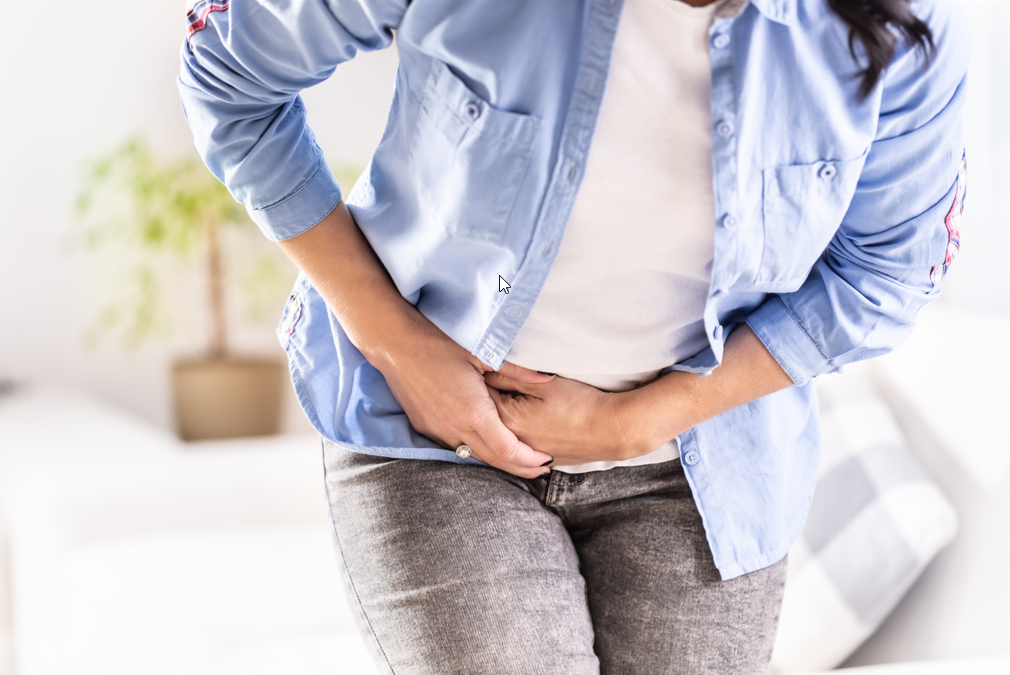
In a broad sense, the term “abdominal pain” refers to discomfort that arises from one or more of the many organs that are housed within the abdominal cavity.
Pain that is widespread in the abdomen is typically an indication of relatively minor abnormalities, but pain that is confined to a specific area of the abdomen may indicate more serious health issues. Because of this, every incidence of lower abdomen pain needs to be evaluated by a medical professional to determine the causes and appropriate treatments for the condition.
Lower abdomen pain in males can have a variety of reasons, ranging from problems that are relatively harmless, such as gas or constipation, to conditions that are potentially life-threatening, such as colon cancer or kidney infection.
Although the discomfort is typically only transient, there are occasions when it can last for extended periods of time.
Lower abdomen pain in men that is consistent or lasts for an extended period of time is a symptom that needs prompt medical treatment since it can be a sign of a number of major health concerns that are occurring underneath the surface.
Table of Contents
Lower abdominal pain in men – Causes
The following is a list of some of the potential reasons of lower abdomen pain in men:
Kidney Stones
The formation of kidney stones is one of the most prevalent reasons why men experience pain in the lower abdomen.
Crystallized, minute deposits of acid salts and minerals can accumulate inside the kidneys, leading to the formation of kidney stones.
Pain that is both distinct and strong, occurring in waves and radiating towards the lower abdomen and the sides of the body, is the consequence of this condition. Urination, which occurs when the stones are really leaving the body through the urinary system, is the time of most discomfort for the patient.
Diverticulitis
Diverticulitis is an inflammation of the diverticula, which are small pouches that can form in various parts of the digestive tract but most commonly in the large intestine.
Diverticulitis is the name given to the condition that occurs when these get inflamed due to an overgrowth of bacteria or other pathogens in the digestive tract. Men who are affected by this condition are more prone to experience lower abdominal pain in addition to other symptoms, including bloating and tenderness in the abdominal region.
Infections of the kidneys
Lower abdominal discomfort in males can be caused by a variety of kidney infections in addition to kidney stones. Kidney stones are the most common cause of this type of pain.
In most cases, the infection can start in the urinary bladder and subsequently spread to the kidneys.
An infection of the kidneys can cause a wide variety of symptoms, such as acute pain in the abdomen, burning sensation during urination, a frequent desire to pass pee, hematuria, which is medical terminology for blood in the urine, and so on.
Colon Cancer
Lower abdomen pain in men is often an indication of colon cancer, however this only occurs in a very small percentage of instances. The big intestine is made up of several sections, one of which being the colon.
It can be found in the more distal part of the digestive tract. Fatigue, bleeding from the rectal area, soreness in the abdominal region, and other symptoms are also associated with colon cancer.
Inflammatory Bowel Disease
IBD, which stands for inflammatory bowel disease, refers to a group of conditions that affect the digestive tract and include ulcerative colitis and Crohn’s disease, both of which can cause lower abdomen pain in men.
Pain in the lower abdomen is, in point of fact, one of the earliest symptoms of Crohn’s disease and is, as a result, essential to the accurate diagnosis of the condition. Men who are afflicted with one of the many varieties of inflammatory bowel disease (IBD) will, in addition to experiencing excruciating pain, vomit, have recurrent diarrhoea, rectal bleeding, and other symptoms.
Cystitis
Cystitis is a disorder of the urinary tract that causes inflammation of the urinary bladder as a result of bacterial infection. This inflammation is caused by the condition.
Cystitis can cause a variety of symptoms in males, including lower abdomen pain in addition to symptoms like burning sensations in the urinary tract, frequent urination, pelvic discomfort, and so on.
Appendicitis
Appendicitis is a condition that affects the appendix, which is a tube-like organ that extends from the large intestine.
Appendicitis is a medical term that refers to inflammation of the appendix.
Pain in the lower abdomen is one of the symptoms that can be brought on by this condition in males. Other symptoms include nausea, lack of appetite, fever, and vomiting.
The appendix must be removed surgically as soon as possible in order to effectively treat appendicitis. In some situations, if the condition is not treated, it might result in the appendix rupturing, which then allows infectious debris to puncture the abdominal cavity and, ultimately, causes inflammation in the affected area.
Pain associated with appendicitis typically begins as a dull ache in the upper abdomen, but it quickly intensifies and spreads to the lower abdomen, rectum, and back.
Seminal Vesiculitis
Inflammation of the seminal vesicles is the primary symptom of seminal vesiculitis, which is typically brought on as a secondary complication as a result of prostatitis.
Infections with germs or viruses could be to blame, but it’s also possible that the root cause will never be found.
Patients who are male may also feel swollen glands, pain in the prostate, pain or discomfort in the pelvic, and lower abdominal pain. In addition, patients may have lower back pain.

Additional causes of lower abdominal pain in men
Lower abdomen pain in males can be brought on by a wide variety of other conditions as well, including lymphoma, hernia, gastroenteritis, muscular skeletal illnesses, pancreatitis, abscess, prostate infection, pelvic adhesions, sexually transmitted diseases, enlarged prostate, and even stress.
A man may experience abrupt episodes of lower abdomen pain for a variety of reasons, including but not limited to gas, food poisoning, and constipation.
Treatment Options for Men Suffering from Lower Abdominal Pain
As was just mentioned, males can experience lower abdomen pain for a variety of reasons, ranging from slight to significant.
When males have pain in the lower abdomen, it is critical for them to see a medical professional as soon as possible.
The goal of treatment is to identify and then address the underlying cause of the condition.
Infections caused by bacteria are amenable to treatment with antibiotics and other types of therapy.
Surgery is an option for treating kidney stones, pancreatitis, and other disorders like these, but it’s not always necessary.
Chemotherapy, radiation therapy, or surgery are all potential treatment options for colon cancer.
Home Remedies for lower abdominal pain in men
The home remedies that are given below can be used to treat mild cases of lower abdomen discomfort that are experienced by males.
- In order to alleviate the discomfort, drink a lot of water and other fluids.
- Combine one teaspoon of grated ginger with one teaspoon of lime juice in a mixing bowl.
Take it right away after you finish eating. It will relieve discomfort in the abdominal region almost immediately. - It is recommended that men who are experiencing severe pain refrain from eating solid foods.
Consume foods that are simple for your body to break down, if you find that you are throwing up. - The use of a heating pad or a hot water bag on the area can help alleviate the pain that is felt in the lower abdomen.
- It is also possible to obtain relief from abdominal pain by combining water and fresh mint juice in a blender and drinking this concoction.
- Antacids help treat the unpleasant effects of indigestion, gas and heartburn.
- Stop eating meals that are high in fat, citrus fruits, alcohol, caffeine, tomato products, carbonated beverages, and fried foods if you are a man who suffers from pain in the lower abdomen as a result of gas. It will assist in lessening the pain in the lower abdominal area.
Authoritative Clinical References
Lower Abdominal Pain → https://pubmed.ncbi.nlm.nih.gov/27133242/


Be the first to comment